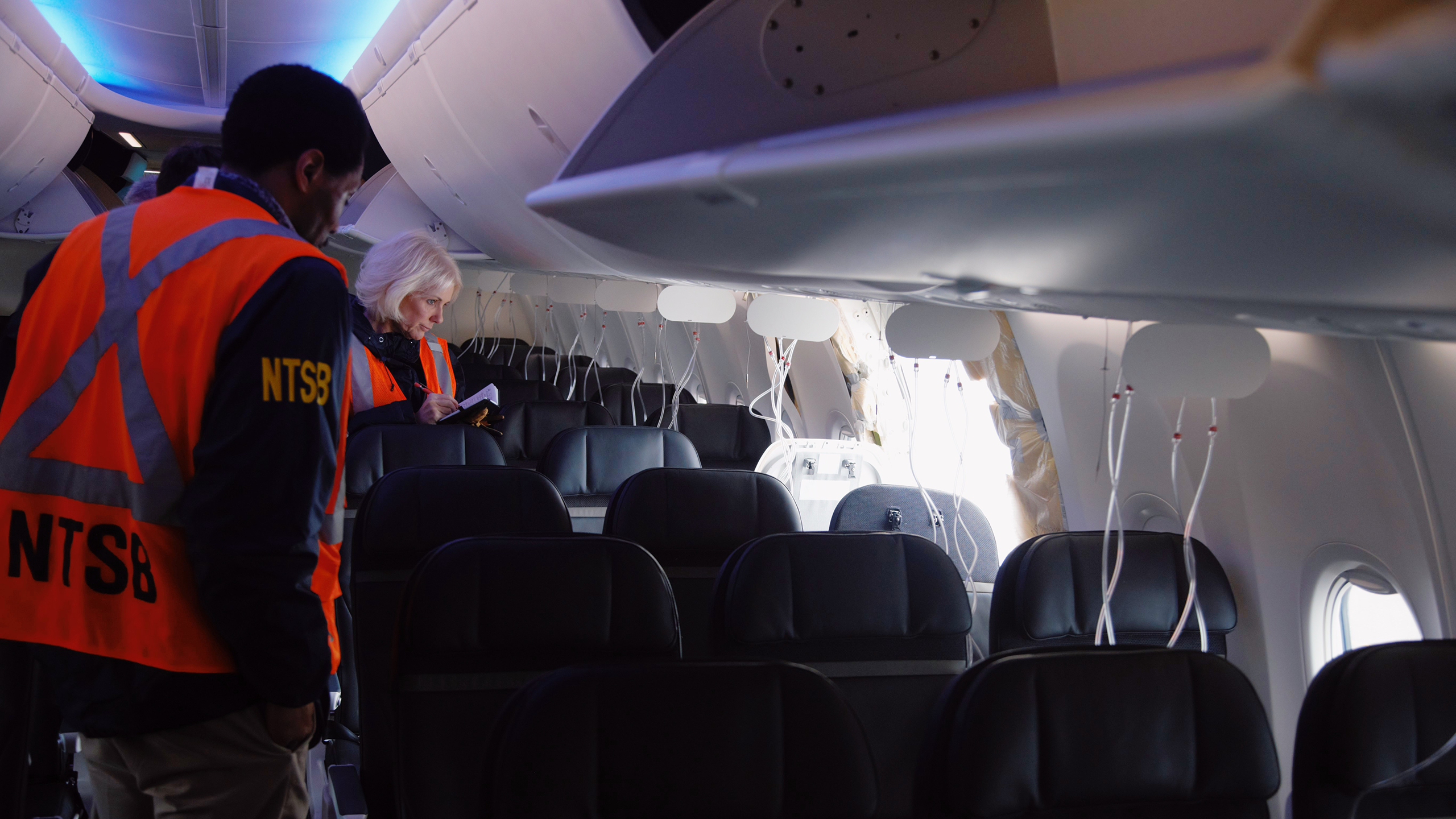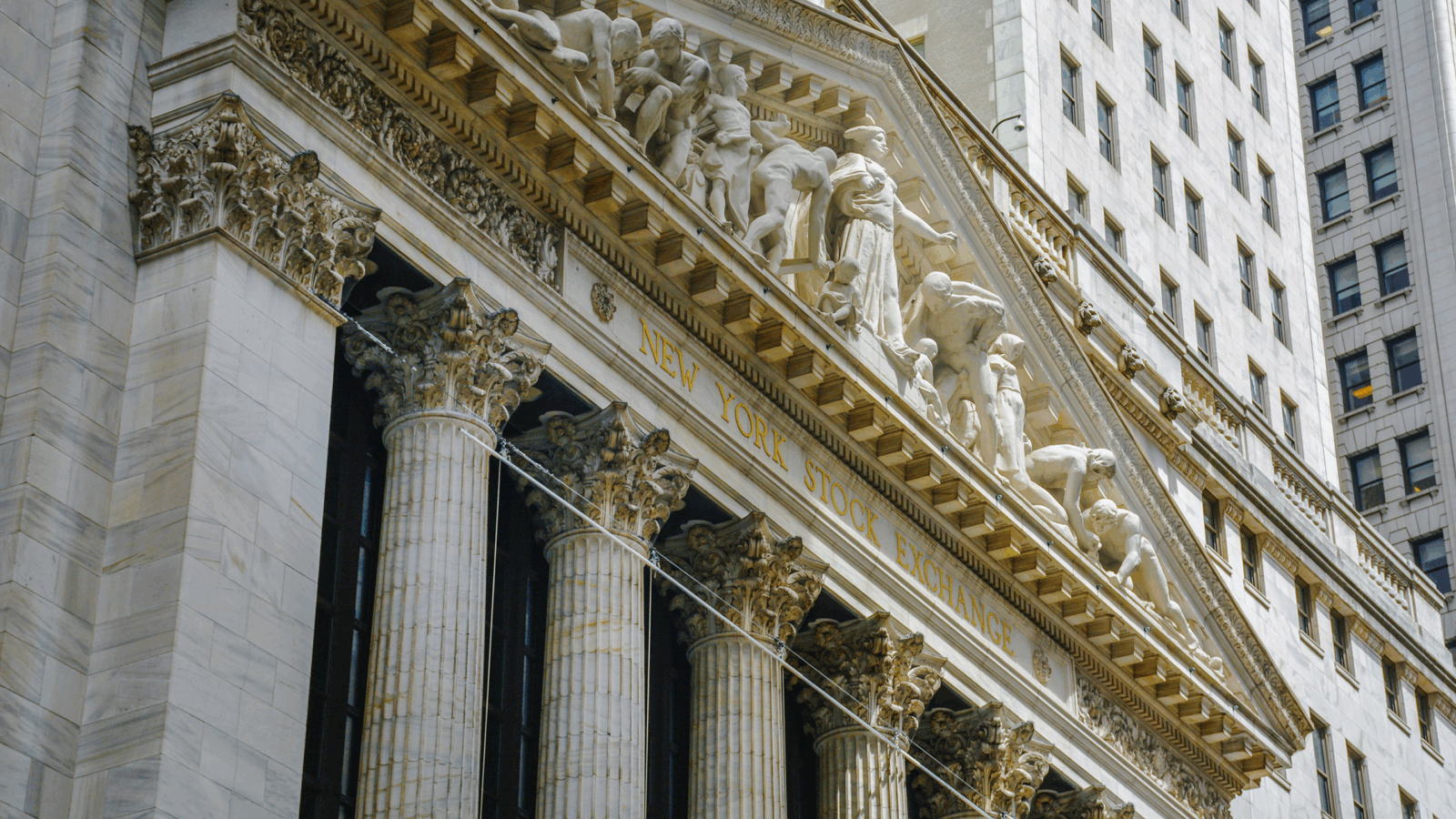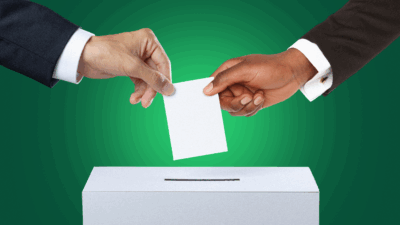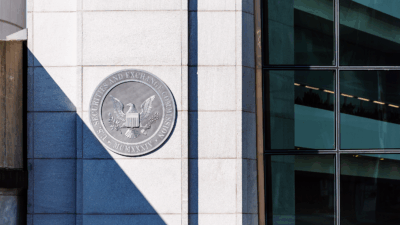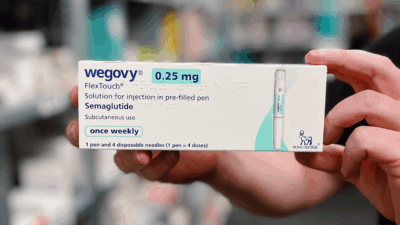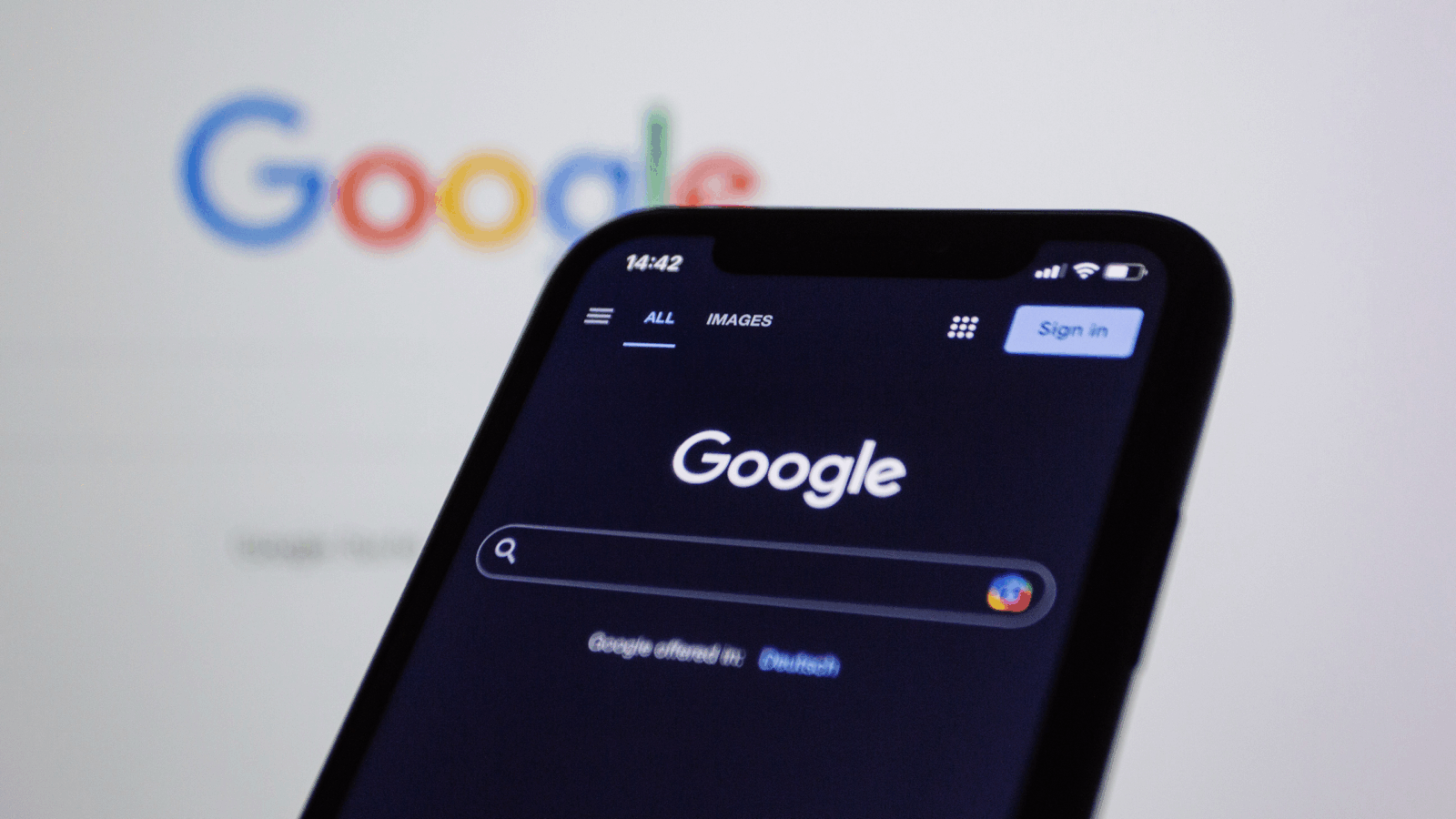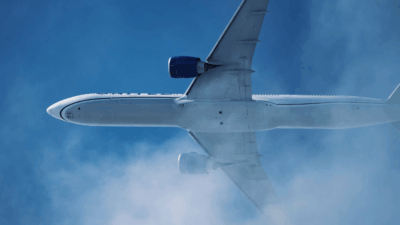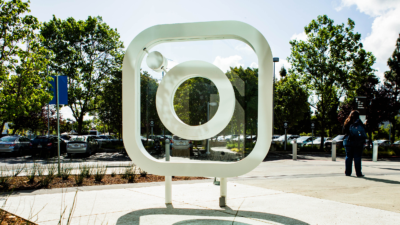Boeing Pleads Guilty to Felony Fraud Charges
Boeing has pleaded guilty to a felony charge of conspiring to defraud the federal government after two 737 MAX crashes that killed 346 people.
Sign up for smart news, insights, and analysis on the biggest financial stories of the day.
Felony convictions aren’t what they used to be — or at least that’s what Boeing seems to be counting on.
Amid an ongoing safety and trust crisis spurred by a series of near-disasters earlier this year, Boeing has pleaded guilty to a felony charge of conspiring to defraud the federal government in a case tied to two 737 MAX crashes in 2018 and 2019 that killed 346 people, dodging a potentially embarrassing trial in the process. Still, not everyone is so sure the felony label will bring accountability or consequences — not with the US government so deeply reliant on the beleaguered company.
Fool Us Once…
Back in 2021, the aerospace giant avoided prosecution of a fraud charge linked to the fatal crashes by entering a settlement with the Department of Justice. As part of that deal, the company agreed to establish new safety and compliance programs. But in May, the DOJ accused Boeing of failing to fulfill such promises — and misleading and defrauding federal regulators in the process (Boeing has placed the blame on two low-level employees). Under the guilty plea deal, announced in a court filing late Sunday night, the DOJ will appoint a third-party monitor to track Boeing’s safety compliance. It will also require the firm to invest $455 million into safety and compliance, and pay a $243 million fine. That’s identical to the fine Boeing paid in the 2021 settlement it violated. Fine Boeing once, shame on Boeing…
More serious for Boeing, then, are the potential business consequences. There are some statutes of law in place that bar defense contractors with felony convictions from winning future contracts — meaning the charge could jeopardize Boeing’s status as a key government contractor. It’d be a crushing blow: Last year, government contracts accounted for nearly 40% of Boeing’s revenue.
Then again, Boeing’s relationship with the Pentagon and other federal agencies may be symbiotic enough to keep it in the government’s good graces. At least, plenty of experts seem to think so:
- “For high-profile companies like Boeing, where there are few alternatives and a significant need for their products, the government is unlikely to impose an outright ban,” Jason Brown, former special agent and legal advisor for the FBI and current senior litigator at prominent whistleblower law firm Brown LLC, told The Daily Upside.
- Calling for accountability in the form of lost contracts is a “hopeless dead end,” Columbia University law professor John Coffee recently told The Seattle Times, adding that “the government does not have an alternative to Boeing.”
Trade publication DefenseNews recently ranked Boeing as the world’s fifth-largest defense contractor. The Department of Defense, meanwhile, paid Boeing nearly $15 billion in contracts in 2022, according to the Congressional Research Service.
Judgement Day: The plea deal still must receive the approval of a federal judge to take effect, and families of the victims are expected to ask the judge to reject the deal and push the case to trial. Sunday’s plea deal does not provide immunity to any Boeing employees and executives, or include protections for any charges that may come from the near-disasters earlier this year.
